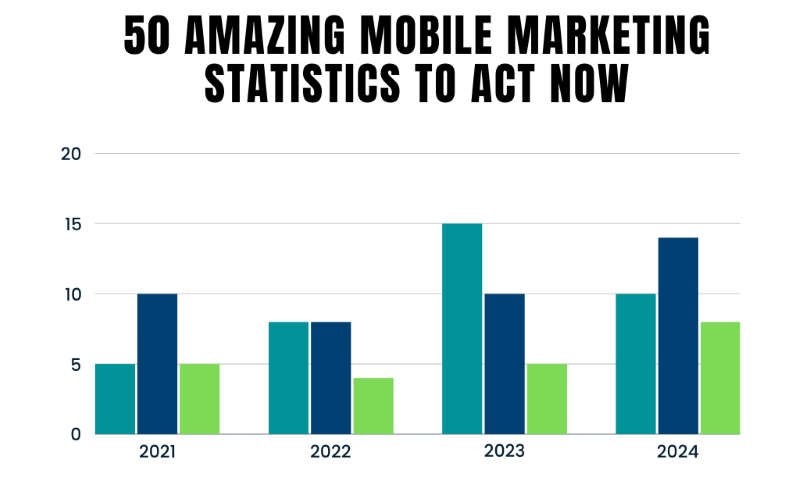
Your content is really only as good as its context. Would you read something about a 2012 political election, or best practices for using MySpace? Probably not. Humans have an innate craving for trending news and breaking stories. Being able to blend your branded messaging with relevant topics will significantly increase the virality of your content marketing. However, as content marketing expert Marcus Sheridan believes, “many businesses…are missing the mark big time.”








